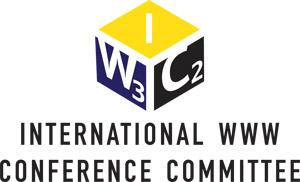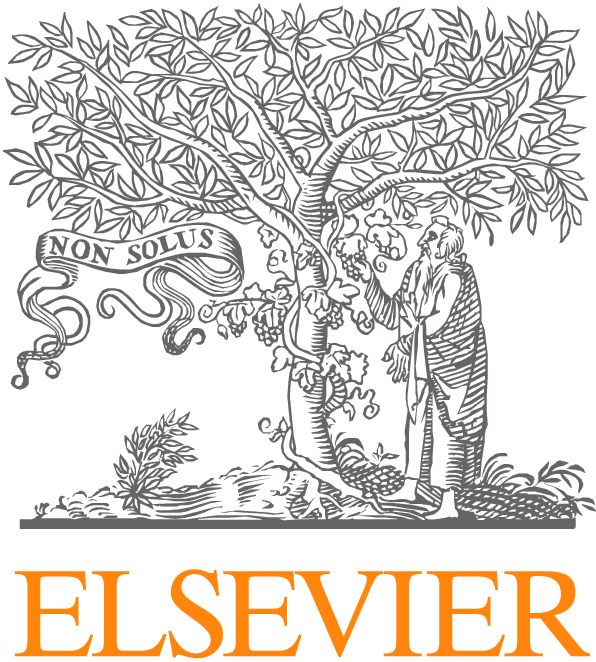This track focuses on socio-technical systems that create value through collective action. These actions include producing, appraising and sharing content, as well as performing various types of work. Papers are expected to contribute a new algorithm, analysis, application, or framework. Papers should be clearly positioned with respect to prior work, convey the importance of the contribution and findings, and report in detail the methodology used and the obtained results, including a comparison with state-of-the-art methods when appropriate.
Topics include:
- Modeling, design and operation of crowdsourcing systems and social media platforms.
- Workflow optimization based on expertise, compatibility, time constraints, etc.
- Engagement, motivations, incentives, and gamification.
- Trust, reputation, security, privacy, and ethics.
- Mining of social media and crowd-generated data; studying off-line phenomena with on-line data.
- Trend identification, tracking, and forecasting; time-sensitive and real-time analysis.
- Interactions of human computation and machine intelligence.
- Virtual communities, including massive multi-player games, massive online courses, large fora, and others.
- Impacts and applications in traditional/mainstream media, governments, non-governmental organizations and business, and in sectors such as health care, science, and education.
- Impacts in employment, labor, legislation, politics, governance, democracy and economics; changes in homes, workplaces, schools, and the city.
If the core elements of your contribution are graph algorithms or graph analysis, please also consider submitting to the social networks and graph analysis track.
For questions related to this call, please email: crowdsourcing@www2016.ca
Area Chairs
- Daniele Quercia, University of Cambridge, UK
- Christo Wilson, Northeastern University, USA
- Jeffrey P. Bigham, Carnegie Mellon University, USA
Program Committee
- Jussara Almeida, UFMG
- Jisun An, Qatar Computing Research Institute
- Marcos Baez, Dipartimento di Ingegneria e Scienza dell’Informazione, University of Trento
- Roja Bandari, Twitter
- Alessandro Bozzon, Delft University of Technology
- Erin Brady, Indiana University
- Marco Brambilla, Politecnico di Milano
- Licia Capra, University College London
- Fabio Casati, University of Trento
- Justin Cheng, Stanford University
- Michele Coscia, National Research Council, Pisa
- Munmun De Choudhury, Georgia Institute of Technology
- Rosta Farzan, University of Pittsburgh
- Vanessa Frias-Martinez, University of Maryland
- David Garcia, ETH Zurich
- Werner Geyer, IBM T.J. Watson Research
- Manuel Gomez Rodriguez, MPI for Software Systems
- Bahareh Heravi, Digital Enterprise Research Institute (DERI)
- Christopher Homan, Rochester Institute of Technology
- Andreas Hotho, University of Wuerzburg
- Yun Huang, Syracuse University
- Panos Ipeirotis, New York University
- Anupam Joshi, University of Maryland Baltimore County
- David Jurgens, McGill University
- Karrie Karahalios, UIUC
- Brian Keegan, Northeastern University
- Emre Kiciman, Microsoft Research
- Juho Kim, MIT CSAIL
- Aniket Kittur, Carnegie Mellon HCII
- Patty Kostkova, City ehealth Research Centre (CeRC), City University, London
- Nicolas Kourtellis, Telefonica Research
- Markus Krause, University of Hannover
- Walter Lasecki, University of Michigan
- Neal Lathia, University of Cambridge
- Bruno Lepri, FBK-Irst
- Ee-Peng Lim, Singapore Management University
- Drew Margolin, Cornell University
- Winter Mason, Facebook
- Julian Mcauley, UC San Diego
- Wagner Meira Jr., UFMG
- Tanushree Mitra, Georgia Institute of Technology
- Diarmuid Ó Séaghdha, University of Cambridge
- Aditya Pal, IBM
- Davide Proserpio, Boston Unversity
- Bruno Ribeiro, Carnegie Mellon University
- Daniel Romero, University of Michigan
- Saiph Savage, University Of California in Santa Barbara
- Antonio Scala, Institute for Complex Systems / Italian National Research Council
- Fabrizio Silvestri, Yahoo Labs
- Christopher Smith-Clarke, University College London
- Anna Squicciarini, The Pennsylvania State University
- Jacopo Staiano, LIP6, UPMC - Sorbonne Universités
- Bogdan State, Stanford University
- Maja Vukovic, IBM Research
- Claudia Wagner, GESIS-Leibniz Institute for the Social Sciences
- Ingmar Weber, Qatar Computing Research Institute
- Cong Yu, Google Research
- Haoqi Zhang, Northwestern University

